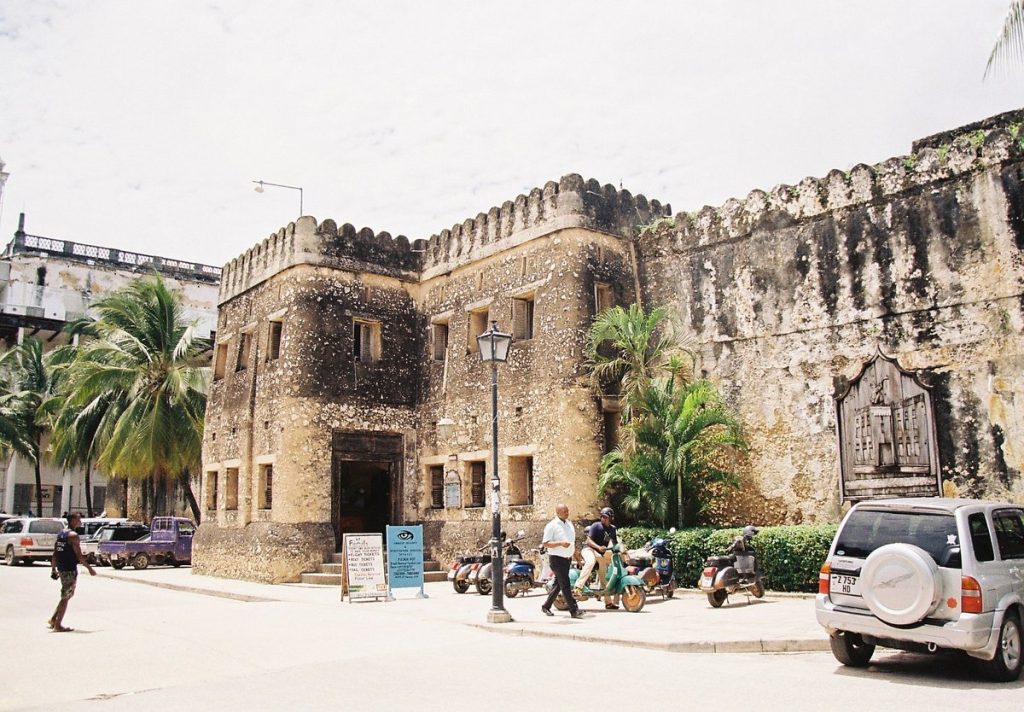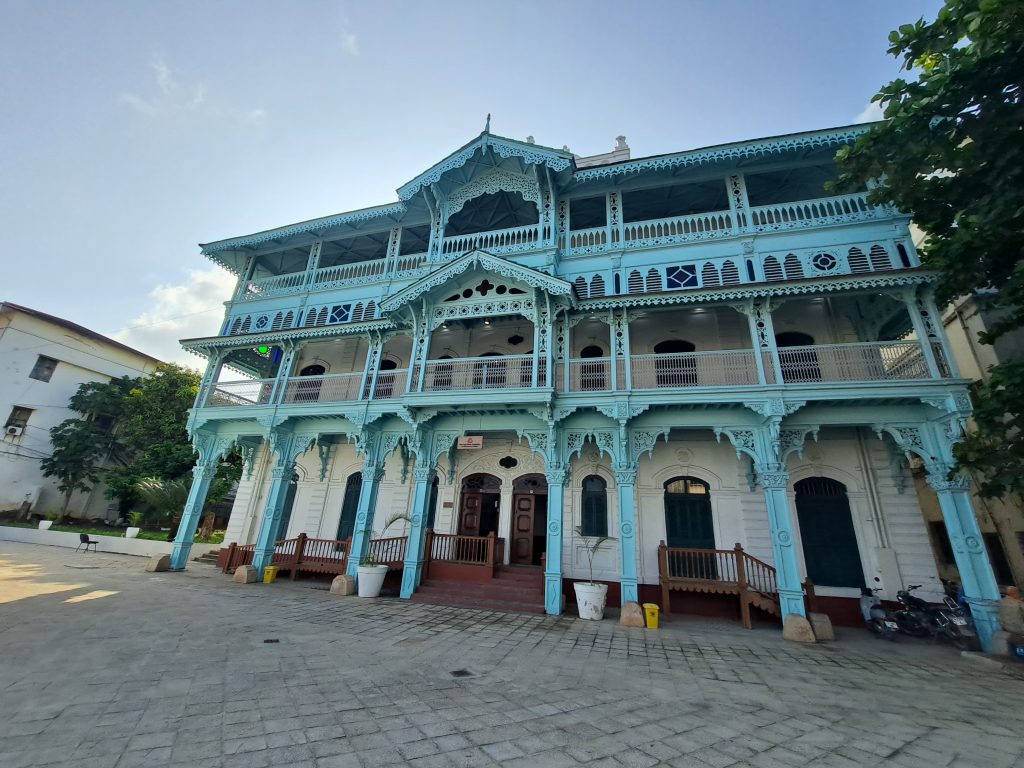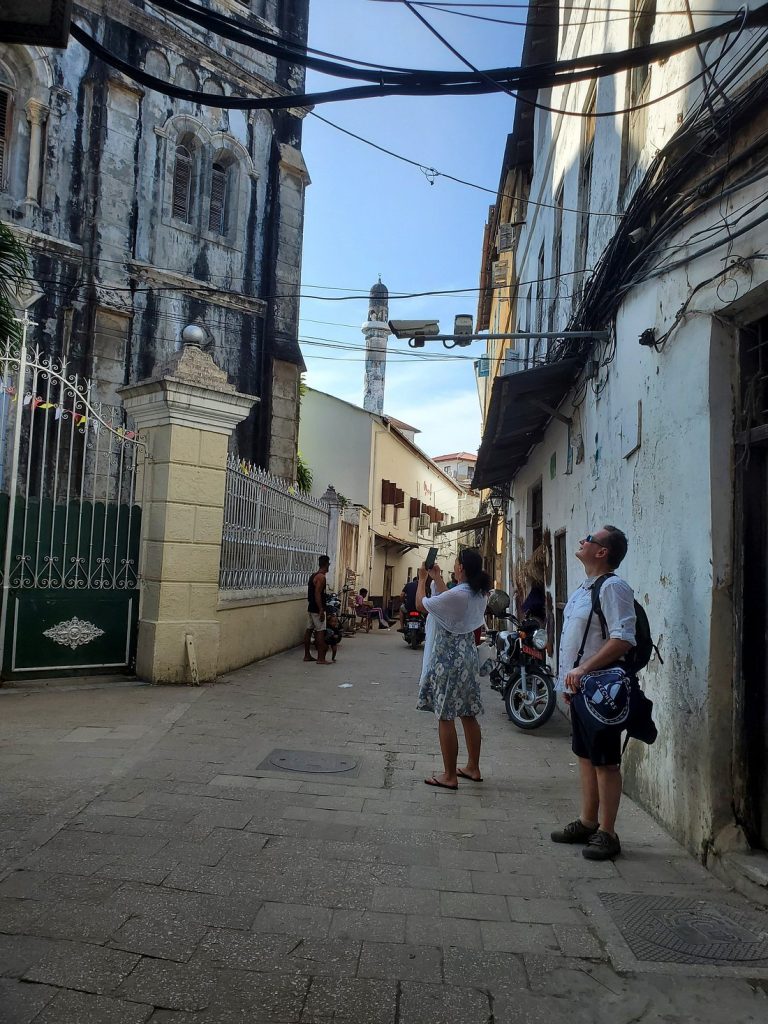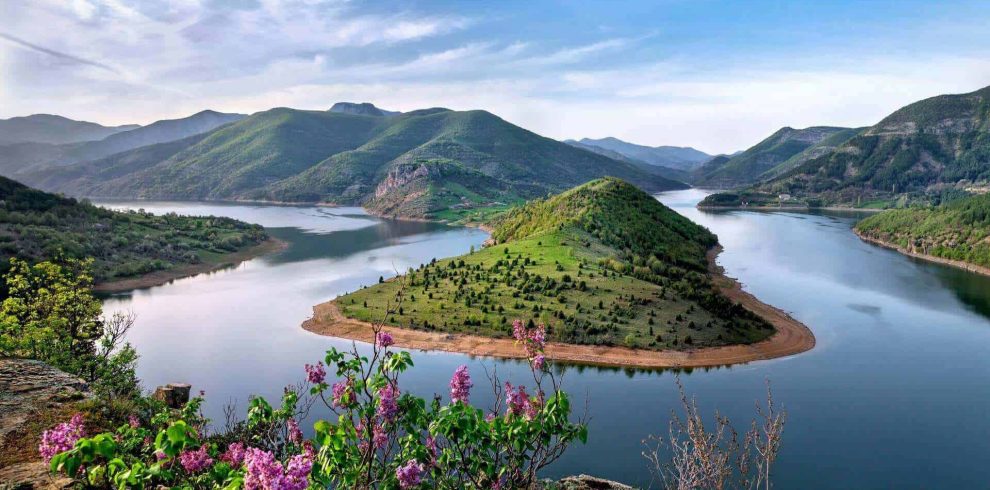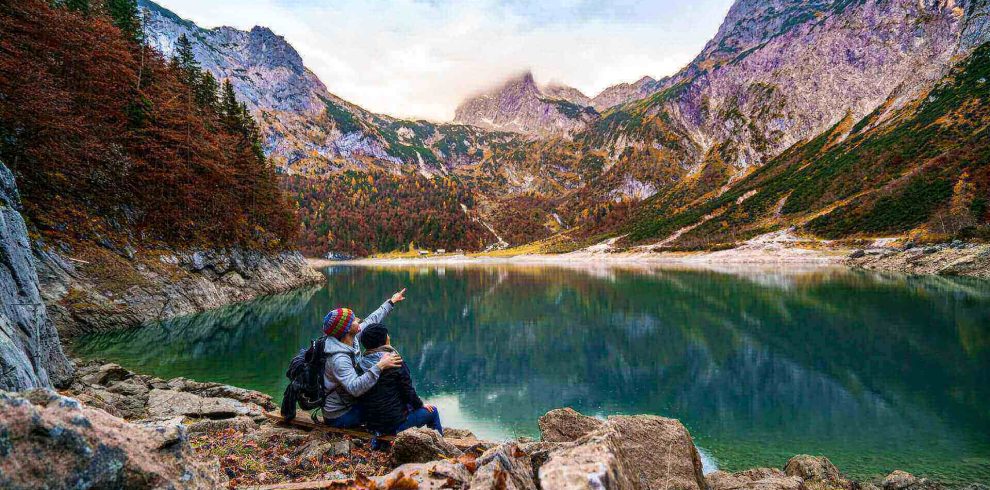This explainable guided tour of Zanzibar’s ancient city of Stone Town is providing you with the great living evidence of a rich cultural heritage, where Persian, Indian, Arab and European influences are mixed with local African tradition and culture. It gives you the very exclusive opportunity to explore the beauty of the Historical buildings with various architectural designs, carved wooden doors shaded by balconies, loggias and verandas shining the unique World Heritage Site of Stone Town. The half day Stone Town Tour includes the visit to the Former Slave Market Site, Darajani Town Market, Zanzibar Coffee House, Sultan’s Palace, The Old Arab Fort, House of Wonders and much more worth visiting. Additionally, have a fabulous opportunity to do shopping in souvenirs and small bazars that give you the chance to bargain for good prices with help from our highly qualified Tour Guides.
Overview
Travel is the movement of people between relatively distant geographical locations, and can involve travel by foot, bicycle, automobile, train, boat, bus, airplane, or other means, with or without luggage, and can be one way or round trip. Travel can also include relatively short stays between successive movements.
The origin of the word “travel” is most likely lost to history. The term “travel” may originate from the Old French word travail, which means ‘work’. According to the Merriam Webster dictionary, the first known use of the word travel was in the 14th century.
It also states that the word comes from Middle English travailen, travelen (which means to torment, labor, strive, journey) and earlier from Old French travailler (which means to work strenuously, toil). In English we still occasionally use the words “travail”, which means struggle. According to Simon Winchester in his book The Best Travelers’ Tales (2004), the words “travel” and “travail” both share an even more ancient root: a Roman instrument of torture called the tripalium (in Latin it means “three stakes”, as in to impale).

